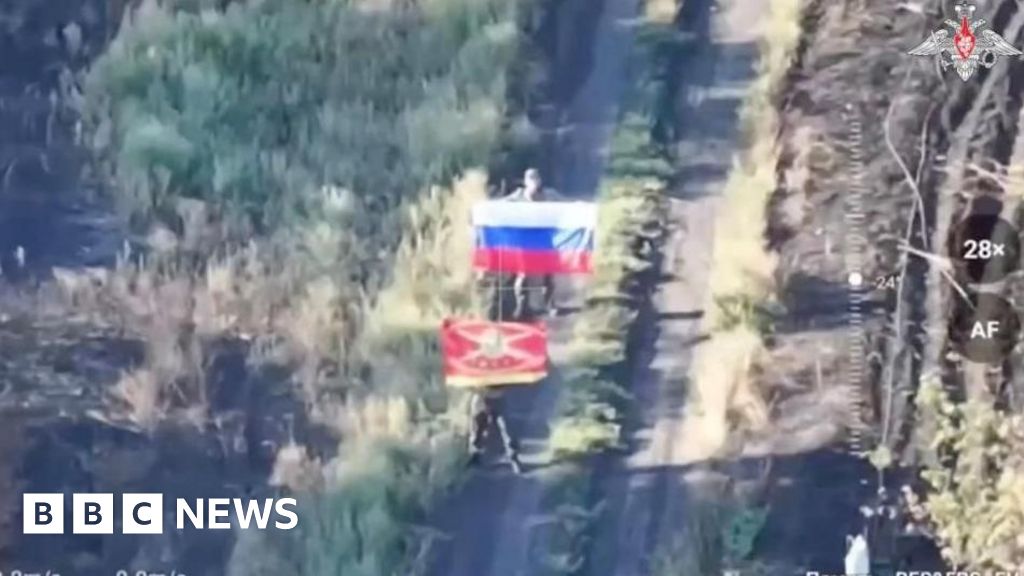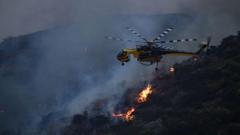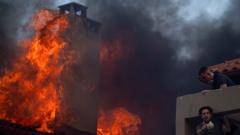Late Wednesday night, members of the International Olympic Committee (IOC) convened at the Olympic Museum near Lake Geneva, preparing for an unusual presidential election process scheduled for March. Seven candidates are competing for one of the most influential positions in international sports, currently held by Thomas Bach until March.
During the exclusive dinner hosted by Bach, candidates were kept separate from voting officials, a decision taken humorously to allow them to enjoy their meals unobstructed. This meeting reflects the unconventional and restrictive nature of an IOC election, where candidates are unable to engage in open debates or publicly criticize their rivals.
Among the candidates is Prince Faisal bin Al Hussein, the sole royal contender, alongside prominent figures like Sebastian Coe and Kirsty Coventry, the latter being the first female candidate and the first from Africa. This closed-off environment has incited frustration among the candidates, who believe such restrictions limit their ability to communicate their visions effectively to the IOC members and the public.
The elections follow strict protocols, with members garnering insights about candidates only during a series of enclosed presentations. Limiting direct interactions and discussions among members, the election process is strikingly reminiscent of secretive church conclaves, raising eyebrows among several candidates who crave transparency.
In interviews, candidates expressed disappointment at the tight-lipped nature of the proceedings. Luis Mejia Oviedo, an IOC delegate, chose to avoid revealing any favorites, reflecting the general reluctance among members to divulge their choices. This guarded atmosphere, described as "nonsense" by long-shot candidate Morinari Watanabe, emphasizes the challenging landscape candidates face.
The winner will head an organization crucial to global sports, managing nearly $8 billion through each four-year Olympic cycle and navigating diplomatic complexities on a worldwide stage. Key challenges loom ahead, such as sustaining the IOC's television contracts and managing relationships with major national governments.
Current members express a blend of hopes and concerns over the upcoming election. As they prepare to cast their votes, the candidates continue to seek creative ways to engage and secure support, indicating a frenetic race against time to win the presidency of this paramount sporting body.




















